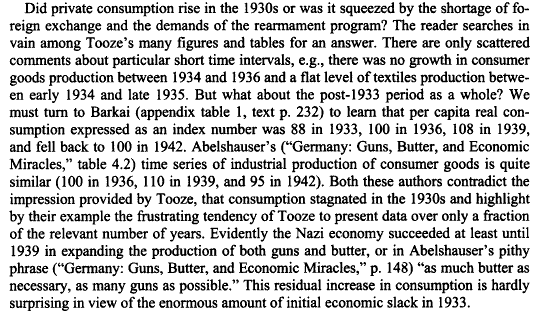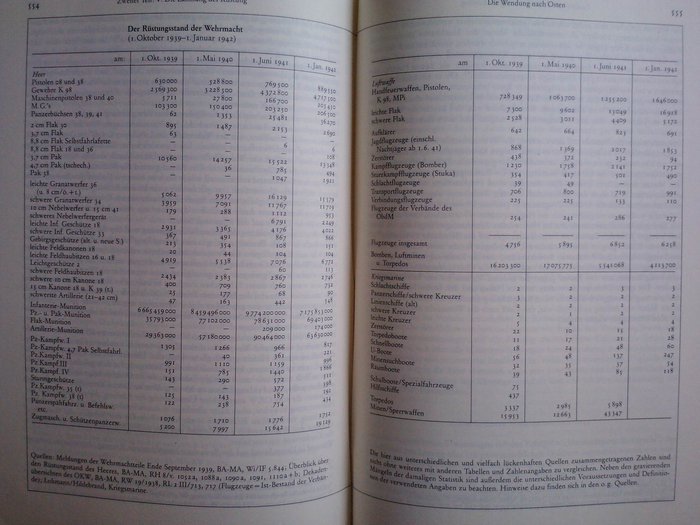This was a post I did on AH.com a while back and was disappointed that people were more concerned about the plasubility of the premise rather than the premise itself. Here are the posts made showing what I had in mind:
I was reading about this Polish Alternate History novel Pact Ribbentrop Beck where a more submissive Poland decides to not oppose Hitler, leading to, among other things a German-Polish alliance against the USSR (Beck here being the Polish foreign minister). A lot of it does seem a bit off but it did make me wonder: What if Nazi Germany decided to ally with the other right wing states in Central Europe against the USSR? One can say that anti-Slavism was an inseparable part of Nazism and while that may be the case I think that realpolitik might influence a line of thought among Nazi ranks “Ok, let’s get rid of these internationalist communists first, and when Europe returns to its pre-1917 status of having mainly rightist states then we can have our nationalist wars”. After all, the Molotov Ribbentrop Pact was also an example of realpolitik. The POD here is that Stalinists or another hard left faction take control of Spain, leading to a European red scare that makes the Nazi Party decide that the Communists, and not other right leaning states whom they have a nationalistic dispute with, are the number one enemy, with the aforementioned disputes taking the back burner. Tbh I don’t really care about the “how” here as I am with this idea in total so we can just assume that the POD is “Hitler falls off the stairs and decides that he hates communists more than Slavs” and go from there.
So here’s how the war would look like:
Nazi Germany (same Germany that managed to blitzkrieg the supposed second most powerful country in less than two months, along with Austria and the Czech Republic) + Fascist Italy + Poland + Horthyist Hungary + puppet Slovakia + Romania + Yugoslavia + Metaxist Greece + Bulgaria + the Baltic States… all against the Soviet Union. Maybe the Finns help Germany as well.
Britain, France, and America are neutral, though I imagine that volunteers fight on both sides depending on ideology. Hard right businessmen like Henry Ford also probably try to help the anti-communist cause. I was sort of thinking of putting a second front here of Salazar’s Portugal against Red Spain but I thought that that would be too much of a diversion here. Also thought of having Japan join but that, too, would be a diversion and also fairly implausible, let’s just assume we’re talking about the set up mentioned above. In 1939, after a European red scare following a leftist victory in Spain, Germany and Italy decide to make these states part of the anti-Comintern pact, and after two to three years of preparation war breaks out around 1941/1942
So, who wins, and furthermore how does Europe look like in case of 1) German victory and 2) Soviet victory?
Who knows? Maybe the Pope, having witnessing a crackdown on the church in the aftermath of a formation of Red Spain (in response to their support of the Francoists) is radicalized to where he decides to declare such a war “Crusade against Communism”, bringing most of the Catholic World on Germany’s side, volunteers coming from as far away as Latin America and the Philippines, German-Vatican cooperation being an undeniable fact than a thing to be debated on, and could help with the whole Poland thing… ROCOR probably does same thing as well but their influence in lessened. Would have interesting impact on the church regardless of if Germany or the USSR wins
What would be interesting here is the Cold War if the Soviets win - here there is no meeting on the Elbe, no camaraderie between the Soviets and the West etc. I don’t have any proof but I’m willing to claim that, since most Cold War leaders were adults during WW2 that the fact that they remember the opposing side as once their friends and allies against an enemy force bent on the destruction of one side calmed things down a bit. Here no such thing exists and the Soviets would probably be a bit mad at UK, France, and US allowing pro-German activities to take place which they no doubt would despite the neutrality of those three governments. Furthermore, if the Germans and their allies decide to do an anti-Jewish Holocaust how many people in the West would believe it and how many would just think that it is all Soviet propaganda? No doubt if a new Cold War were to begin, with a West that never fought Nazis and Fascists but are now going against Communists, that Nazism, Fascism, and overall radical rightism would have a much better reputation. Certainly things worth thinking about here.



